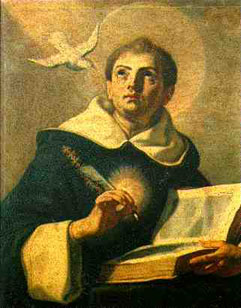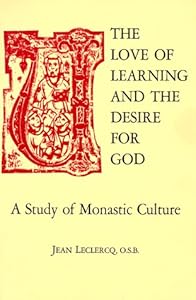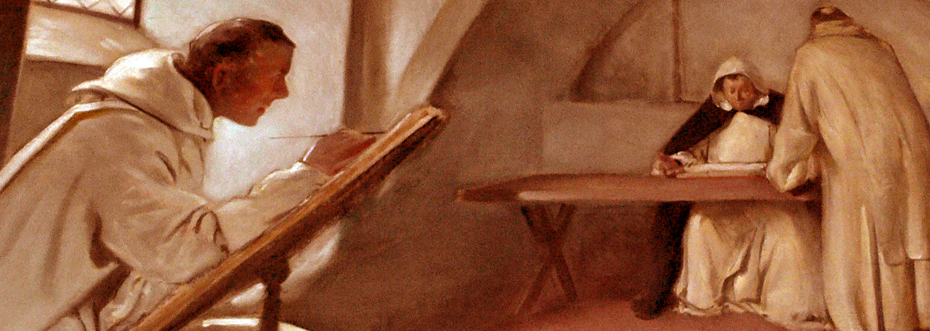Long ago in the perfection series, and in the posts on St. Bernard, I referred to the sin of accidie. Here is the long definition. It is not what people think it is, simple sloth. It is becoming distracted with useless things so that we are taken away from prayer, meditation and contemplation.
Discussing this with a seminarian today, I was struck with the idea that the noon-day devil is not merely low-blood sugar or high-blood sugar before or after lunch, but a demon who distracts us from times of prayer we even schedule.
St. Philip Neri preached that the afternoon in Rome was "the dangerous part of the day", when youth fell into mortal sins of fornication and even gang fighting. ακηδία sets in.
Looking at Psalm 90, one has to reckon with the pleasures of falling into sin and fight these. The noon-day devil is not poetry, but a real demon.
Here is the psalm.
Psalm 90 Douay-Rheims
90 The praise of a canticle for David. He that dwelleth in the aid of the most High, shall abide under the protection of the God of Jacob.
2 He shall say to the Lord: Thou art my protector, and my refuge: my God, in him will I trust.
3 For he hath delivered me from the snare of the hunters: and from the sharp word.
4 He will overshadow thee with his shoulders: and under his wings thou shalt trust.
5 His truth shall compass thee with a shield: thou shalt not be afraid of the terror of the night.
6 Of the arrow that flieth in the day, of the business that walketh about in the dark: of invasion, or of the noonday devil.
7 A thousand shall fall at thy side, and ten thousand at thy right hand: but it shall not come nigh thee.
8 But thou shalt consider with thy eyes: and shalt see the reward of the wicked.
9 Because thou, O Lord, art my hope: thou hast made the most High thy refuge.
10 There shall no evil come to thee: nor shall the scourge come near thy dwelling.
11 For he hath given his angels charge over thee; to keep thee in all thy ways.
12 In their hands they shall bear thee up: lest thou dash thy foot against a stone.
13 Thou shalt walk upon the asp and the basilisk: and thou shalt trample under foot the lion and the dragon.
14 Because he hoped in me I will deliver him: I will protect him because he hath known my name.
15 He shall cry to me, and I will hear him: I am with him in tribulation, I will deliver him, and I will glorify him.
16 I will fill him with length of days; and I will shew him my salvation.
Here is the definition from Ortho-Wiki.
Akedia (in Latin, accidie) is literally fatigue or exhaustion, but in technical usage refers to the spiritual and physical lethargy which can plague those pursuing the eremetic life. The reference in Psalm 90 (91 MT) to the "demon of noonday" is traditionally identified as akedia. It can take the form of listlessness, dispersion of thoughts, or being inattentively immersed in useless activity.
St.Thomas Aquinas calls it world-weariness, which causes a person to neglect both their physical and spiritual duties. This habit of thinking and feeling is a hard sinful habit to break, but one must do so.
One way to break the habit of negative and depressive thoughts it to constantly praise God all day.
The Office of the Hours is a perfect way to break this habit.
Also, the Chaplet of Divine Mercy, to be said at 3:00, is another way to break accidie.
Listlessness can also be expressed in restlessness, like someone feeling like they "just have to get out" and go shopping.
Accidie may be seen in the need to watch television as well. One breaks a habit of vice by practicing the opposite virtue.
More later...







.jpg)









